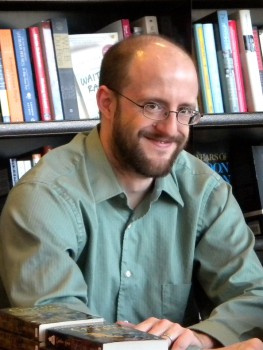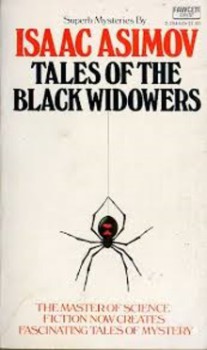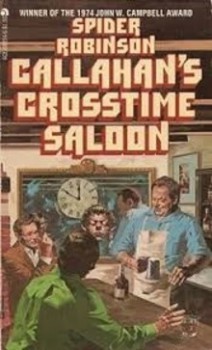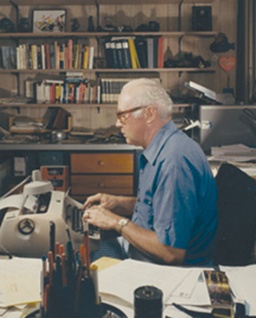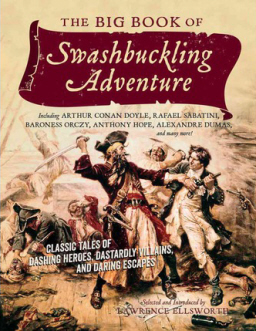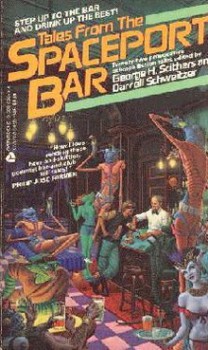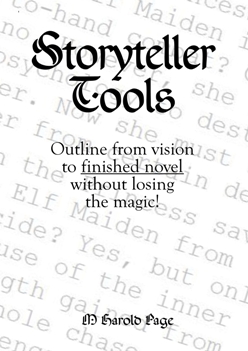Why Pure Historical Fantasies Never Seem to be Bestsellers
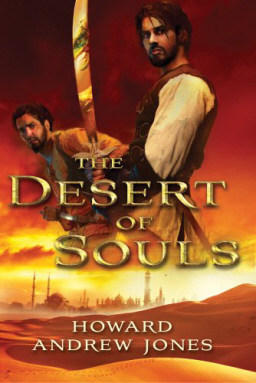
One of the best modern Heroic Fantasy books I’ve read — one of few modern ones I’ll reread — is Howard Andrew Jones’s The Desert of Souls. I’d describe it as “Robert E Howard does Clark Ashton Smith with a setting by Harold Lamb.” It’s an awesome Heroic Fantasy adventure set in the authentic Near East of Harun Al Raschid. I note, however that Howard only got two novels into the series before being forced to move on.
Another book I loved was Matthew Woodring Stover’s Iron Dawn and its sequel Jericho Moon. This time we’re following a party of Trojan-war veterans as they battle necromancers and killer deities. These yarns should have kicked off a series and perhaps a movie or two, but they didn’t and Stover seems best known now for Star Wars novels.
Other otherwise successful writers have tried their hand at Fantasy in a straight historical setting, for example Barbara Hambly has romped around Early Renaissance Italy. Nobody, however, seems to have made a fortune writing “pure” Historical Fantasy, that is Fantasy tales set in an accurately depicted historical setting.
I find this depressing.
Partly it’s selfish reasons; I’m a historian by academic background and have an interest in historical magic. This is a tune I would love to play. Mostly though, I’d love to read more about Dabir and Asim, and about Princess Bara and her misfits.
Why is an authentic historical setting a kiss of death?
